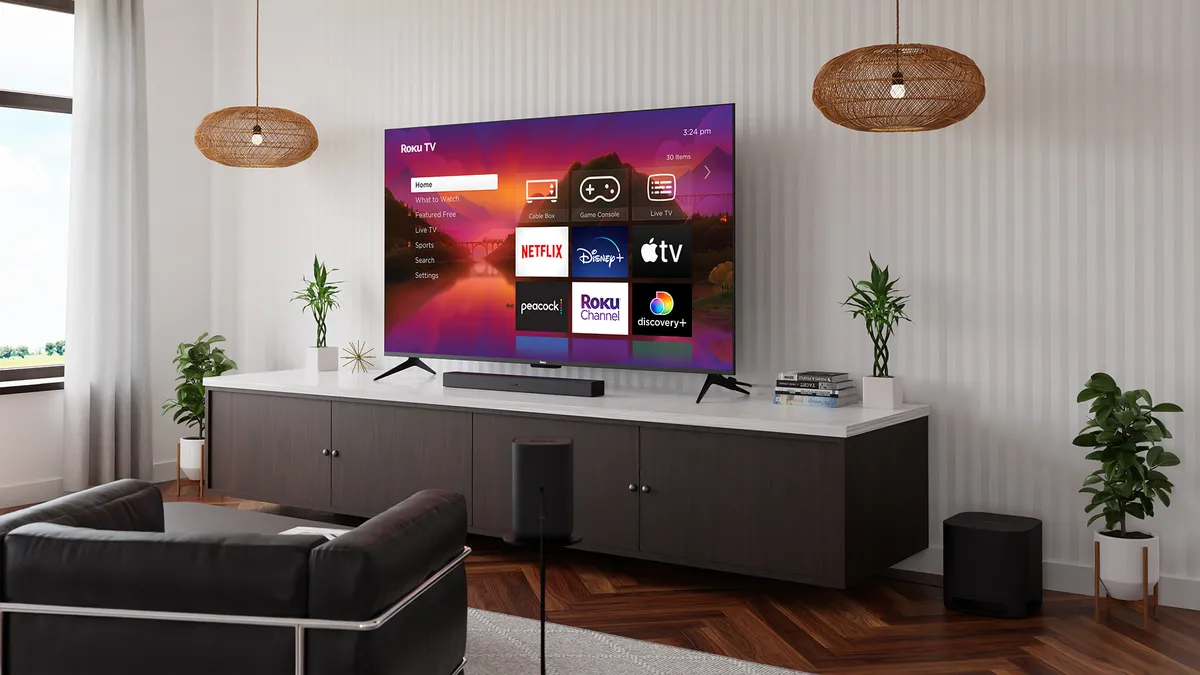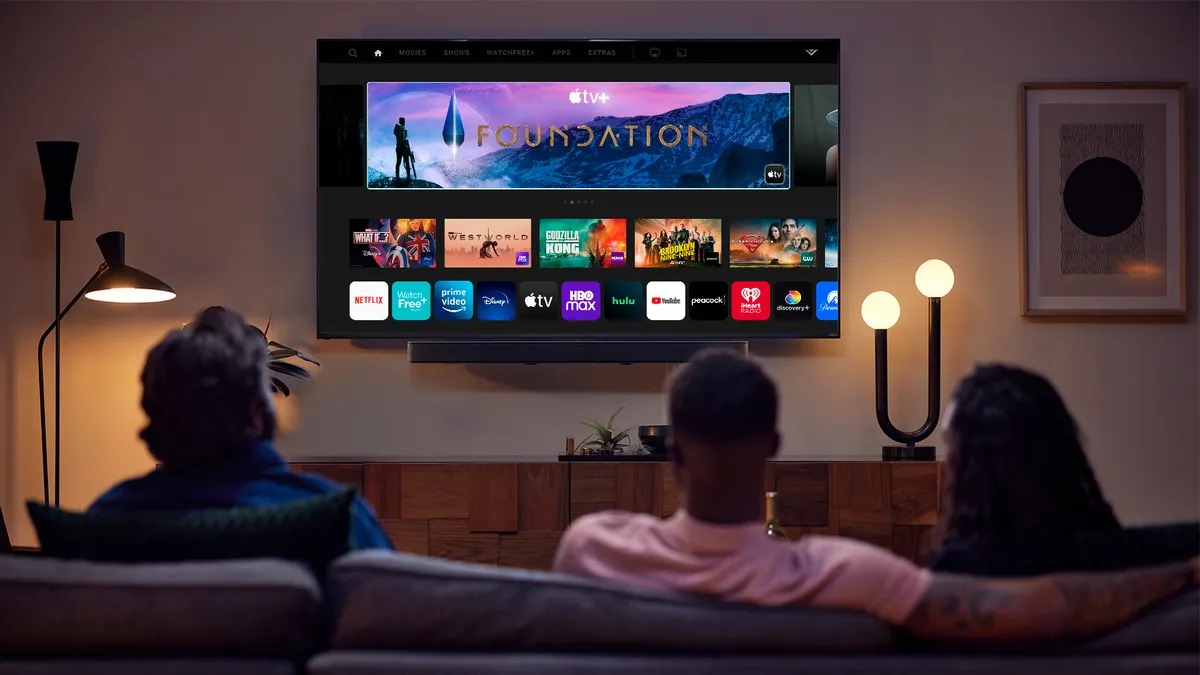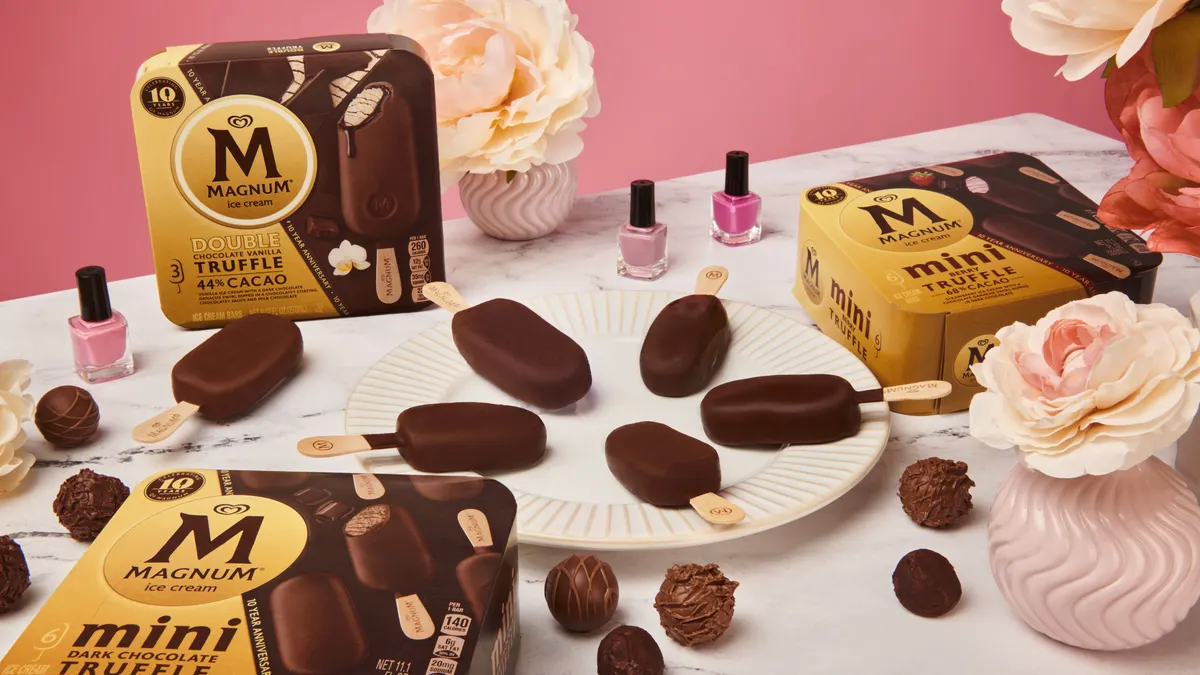The following is a guest post from Tim Barlow, senior principal analyst at Gartner. Opinions are the author's own.
Wealthy millennials. Maybe the preceding phrase feels oxymoronic or conjures irritating images of selfie-snapping Coachella attendees. But chances are you're not envisioning an anxious saver, squirreling money away to safeguard against an uncertain future. Perhaps you should be.
Affluent millennials, defined by Gartner as individuals born between 1978 and 1995 with an annual household income of at least $250,000, are the apples of most marketers' eyes. Consumers with discretionary income moving into an age range typified by advancing life stages — home ownership, marriage, children — that bring new spending opportunities. But marketers be warned. Despite their youth and sizable paychecks, affluent millennials are a significantly more challenging marketing target than their Gen X and boomer counterparts. Courting them successfully will require a nuanced and perhaps downright counterintuitive approach.
Build trust with anxious affluent millennials through straight talk about economic volatility
For millennials across income levels, the Great Recession of the late 2000s and the subsequent uneven recovery cemented a financial insecurity that persists today. At an impressionable life stage, this cohort witnessed wealth vanish as storied financial institutions went under, retirement nest eggs shattered, home values cratered and mass layoffs impacted friends and family. Importantly, all of this came crashing to the fore in a newly social era of media distribution and consumption. Personal stories of hardship were never far from millennials' radar, ensuring that even individuals fortunate enough to avoid direct impact would bear its psychological mark. As a result, affluent millennials are keenly aware of their fortunate financial status within a struggling generation.
For this cohort, this awareness adds a layer of precariousness to their financial outlook. The vast majority of millennials are anxious about having enough money, regardless of their income, and most are more concerned than their Gen X and boomer counterparts at equivalent household income levels, Garter found in a March 2018 survey. One might expect that because affluent millennials are younger, with years of further wealth-building ahead, they would feel more confident. However, an undercurrent of financial anxiety runs through many within this group, including the wealthiest.
Marketers hoping to forge strong bonds with affluent millennials must incorporate the cohort's underlying financial anxiety into internal personas and briefs.
Adjust your sales tactics to overcome affluent millennials' cautious spending mentality
To combat their financial anxiety, affluent millennials attempt to insulate themselves by spending less and saving more. Twenty-six percent of all millennials say they've experienced a layoff, and nearly the same percentage believe they'll hold at least eight jobs over their lifetime. Such realities and perceptions for the future buttress a cautious spending mentality. As a result, affluent millennials report spending the lowest percentage of their income among all consumers, including both other millennials and other affluent consumers. Compounding the challenge of getting this group to spend more freely is a lack of confidence in their wealth management. Across every aspect of financial exposure — investments, monthly expenses, taxes, savings and credit — affluent millennials rate their understanding of such financial matters at lower levels than do their affluent Gen X and boomer counterparts.
Affluent millennials save to safeguard themselves. Marketers looking to more effectively coax spending can overcome insecurity by incorporating value assurances into product and service positioning.
Connect to affluent millennials' inner striver and broader sense of 'value'
When affluent millennials spend, they use a broader set of purchasing factors.
First, they're simultaneously locked in on their watch and wallet when weighing purchasing decisions. Millennials are more likely to agree with the statement, "I am willing to spend money on services that save me time" than their Gen X or boomer counterparts, and affluent millennials are the most likely of all to agree with this sentiment.
The broader millennial demographic also uses social drivers in their product considerations, especially for luxury items. The reputation of an item, whether it makes a good impression on others and is considered a symbol of success, factors in for millennials' purchases more than it does for Gen Xers and boomers, Gartner found in a January 2017 survey.
Finally, a company's relationship with the planet-at-large is also an important consideration for millennials. If they trust a company's social and environmental practices, 90% of the demographic say they'll buy from that brand, and 95% say they'll recommend it to friends, a January 2017 Shelton Group survey found.
Marketers looking to strongly connect with the most affluent within the millennial generation must broaden their value proposition beyond the financial to include time, social and cause-related benefits.



















